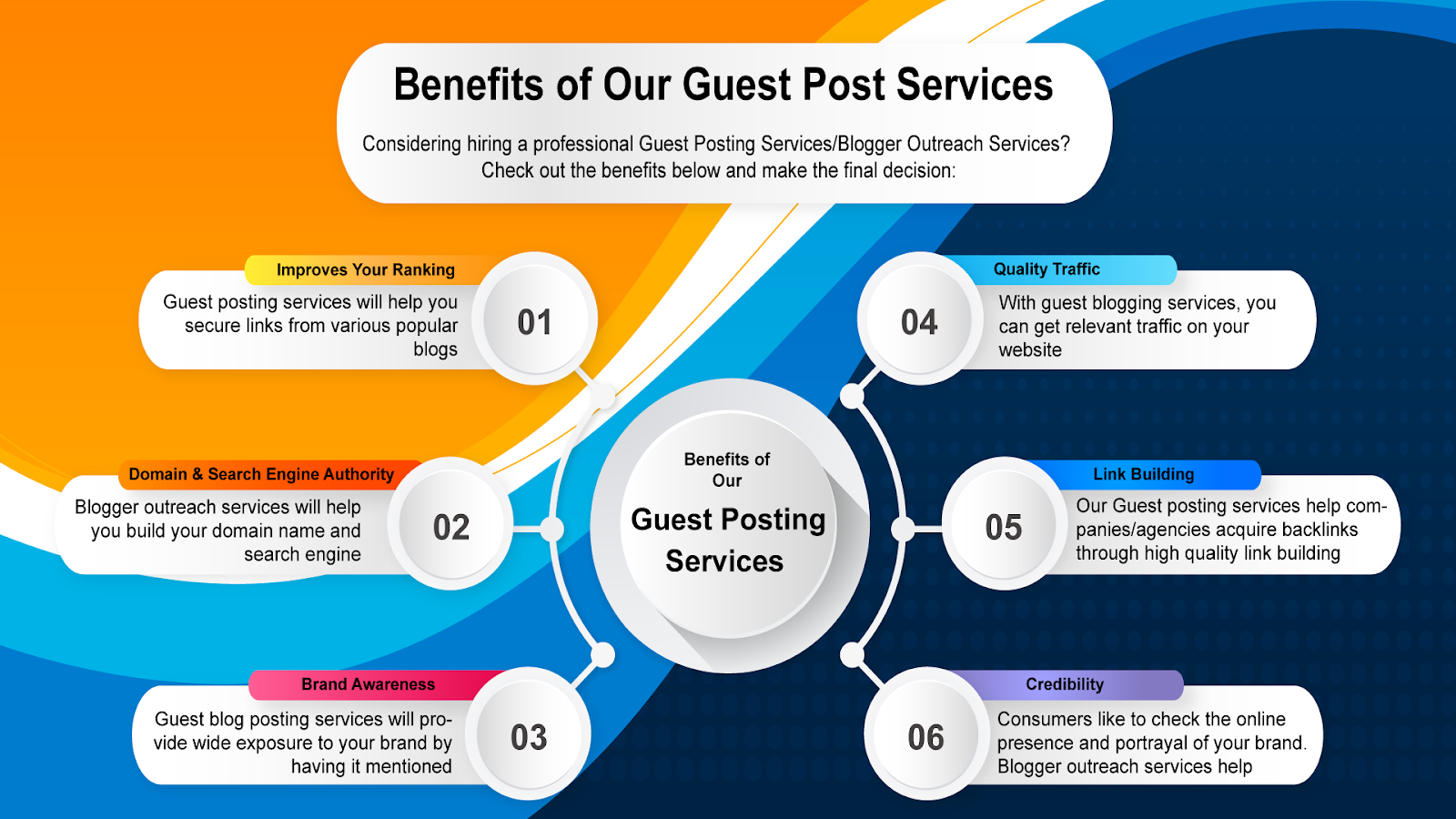In today's rapidly evolving market, businesses must be equipped with comprehensive strategies to ensure sustainability and success. From financial management to leadership development and market analysis, companies need to address a multitude of areas to stay competitive and achieve optimal growth. Below, we explore some of the most critical aspects that businesses must focus on to build a solid foundation for long-term success.
Business Strategy: Laying the Groundwork for Success
At its core, a business strategy is a roadmap that guides organizations toward their goals. It encompasses financial management, market analysis, and investment strategies, ensuring that businesses can navigate challenges and seize opportunities. A robust strategy enables companies to stay aligned with their long-term vision while remaining adaptable to change.
A well-defined business strategy should consider risk management, corporate governance, and entrepreneurial finance, as these factors significantly influence a company's direction. A forward-thinking approach to financial planning and business planning is essential to remain competitive and maintain operational efficiency.
Financial Management: The Backbone of Every Business
Effective financial management ensures that a business remains solvent and can sustain growth. This involves monitoring cash flow, optimizing profit margins, and ensuring that the company adheres to its financial targets. Cash flow management is critical, as it affects every aspect of the business. Without a clear understanding of how money moves through the company, businesses risk falling into financial hardship.
Additionally, sound financial planning includes budgeting techniques and investment strategies that help businesses allocate resources wisely. By forecasting revenues and managing expenses, companies can secure their financial stability and plan for future growth.
Leadership Development: Shaping Future Leaders
In any organization, strong leadership is key to fostering a productive and motivated workforce. Leadership development initiatives empower individuals to hone their skills, create vision-driven goals, and guide teams towards success. Training programs focused on enhancing communication, decision-making, and conflict resolution are essential for nurturing effective leaders.
By investing in leadership development, companies also contribute to a culture of continuous improvement, ensuring that their teams remain agile and adaptable to change. This can also support project management, which demands clear communication and efficient resource allocation for successful project execution.
Market Analysis: Staying Ahead of the Curve
Understanding market trends is crucial to staying competitive. Market analysis allows businesses to identify opportunities, monitor competitors, and adapt to shifts in consumer behavior. Companies that fail to conduct thorough market research risk missing out on key opportunities or making decisions based on outdated data.
A detailed market analysis involves assessing economic trends, customer needs, and competitive landscapes. This insight helps companies craft marketing strategies and develop products or services that align with market demand, thus enhancing overall business growth.
Investment Strategies: Building Wealth and Security
To fuel growth, companies must adopt sound investment strategies. These strategies often involve assessing the best avenues for capital allocation, such as entrepreneurial finance, mergers, acquisitions, or entering new markets. A diversified investment approach mitigates risks while offering potential returns.
Whether a business opts for stocks, real estate, or expansion initiatives, successful investment strategies require careful risk management and market forecasting. By balancing risk and reward, businesses can optimize their financial returns and sustain long-term growth.
Risk Management: Navigating Uncertainty
Risk management is a critical aspect of business operations. It involves identifying potential risks, assessing their impact, and implementing strategies to mitigate or eliminate them. Effective risk management ensures that businesses can withstand unexpected challenges, such as market downturns or supply chain disruptions.
Companies must assess both internal and external risks, ranging from financial instability to regulatory changes. By developing contingency plans and staying vigilant, businesses can reduce their vulnerability to adverse conditions and maintain operational efficiency.
Corporate Governance: Strengthening Accountability and Transparency
Corporate governance is essential for maintaining ethical practices and ensuring that a company's leadership is accountable to its stakeholders. Strong governance structures foster transparency, enabling better decision-making and protecting shareholder interests. Additionally, it helps build trust with investors, regulators, and the public.
Proper corporate governance also supports compliance with regulations and industry standards, ensuring that businesses operate responsibly and uphold their reputations.
Business Planning: Blueprint for Success
A detailed and actionable business plan is the cornerstone of every successful company. This plan outlines key objectives, strategies, and timelines for achieving growth. In addition to focusing on profitability, the plan must include elements of operational efficiency and change management to remain flexible in dynamic market conditions.
Moreover, performance metrics should be incorporated to measure progress against set goals. By setting clear, quantifiable benchmarks, businesses can track their success and adjust their strategies accordingly.
Change Management: Embracing Innovation
In an ever-evolving business environment, the ability to adapt to change is crucial. Change management involves guiding teams and organizations through transitions, such as adopting new technologies, restructuring, or entering new markets. Effective change management ensures that disruptions are minimized and that the transition process is smooth.
Additionally, implementing robust change management strategies helps preserve employee morale and maintains productivity during periods of uncertainty.
Operational Efficiency: Streamlining Business Processes
Operational efficiency refers to the ability of a business to deliver products or services in the most cost-effective manner. By optimizing processes, reducing waste, and maximizing resource utilization, companies can improve their bottom line while maintaining high-quality outputs.
Successful businesses prioritize operational efficiency through continuous process improvements and automation. These efforts can lead to significant cost savings and enhanced profitability, contributing to overall business growth.
Project Management: Bringing Ideas to Life
Strong project management is vital for turning ideas into reality. Effective project management involves planning, executing, and overseeing projects to meet specific goals within defined constraints. This process often includes managing resources, timelines, and budgets to ensure successful completion.
Project management requires collaboration, communication, and the ability to adapt to changing circumstances. By ensuring that projects are delivered on time and within budget, businesses can achieve their strategic objectives and drive growth.
Business Growth: Scaling for Success
Achieving business growth is a key objective for most organizations. Growth can be measured through increased revenue, expanded market share, or geographic expansion. To sustain growth, businesses must focus on areas like profit optimization, improving operational efficiency, and expanding into new markets.
Sustained growth often depends on a company’s ability to innovate and adapt to changes in the competitive landscape. By continually refining business strategies, investing in new technologies, and nurturing talent, companies can position themselves for long-term success.
Profit Optimization: Maximizing Returns
Profit optimization involves improving a business's profitability through better resource allocation, cost management, and strategic pricing. By analyzing performance metrics, businesses can identify areas where costs can be reduced or efficiencies improved. This, in turn, leads to higher profits without compromising product or service quality.
Businesses can also leverage business analytics to make data-driven decisions that enhance profitability. Whether through pricing strategies, operational improvements, or cost-saving initiatives, profit optimization is essential for sustaining long-term success.
Economic Trends: Adapting to Market Forces
Understanding economic trends is vital for making informed business decisions. By staying informed about macroeconomic conditions, businesses can anticipate shifts in demand, pricing, and supply chain disruptions. Adapting to these trends allows businesses to remain competitive and seize opportunities for growth.
Monitoring economic trends also enables companies to refine their investment strategies, improve budgeting, and enhance operational efficiency, ultimately positioning them to thrive in changing market conditions.
Cash Flow Management: Maintaining Financial Health
Effective cash flow management is critical for the smooth operation of any business. This involves monitoring inflows and outflows of cash, ensuring that the company can meet its financial obligations. Companies with strong cash flow management practices can reinvest in their business, take advantage of growth opportunities, and weather financial downturns.
By adopting sound cash flow management strategies, businesses can maintain liquidity, avoid debt, and ensure long-term financial stability.
Marketing Strategy: Building Brand Awareness
A strong marketing strategy is essential for attracting customers and driving sales. This involves identifying target audiences, crafting compelling messaging, and selecting the appropriate channels to reach potential customers. Effective marketing strategies also involve analyzing data to refine tactics and improve results over time.
By aligning marketing efforts with business objectives, companies can build brand awareness, expand market share, and drive growth.
Team Building: Fostering Collaboration
Building a cohesive and motivated team is essential for any organization's success. Team building activities foster collaboration, improve communication, and enhance problem-solving skills. By promoting a positive and inclusive work culture, businesses can boost employee morale and productivity.
Effective team building also supports leadership development, ensuring that future leaders are well-equipped to take on challenges and drive the company forward.
Budgeting Techniques: Allocating Resources Wisely
Proper budgeting techniques allow businesses to allocate resources effectively and plan for future growth. This involves creating a financial roadmap that outlines expected revenues and expenditures, ensuring that the company stays within its financial limits while pursuing strategic goals.
By adopting advanced budgeting techniques, businesses can improve financial forecasting, manage expenses, and maximize profitability.
Business Analytics: Data-Driven Decision Making
Business analytics is the process of analyzing data to make informed decisions. By leveraging data, companies can identify trends, uncover opportunities, and optimize operations. This data-driven approach allows businesses to make strategic decisions that improve efficiency, drive growth, and enhance profitability.





